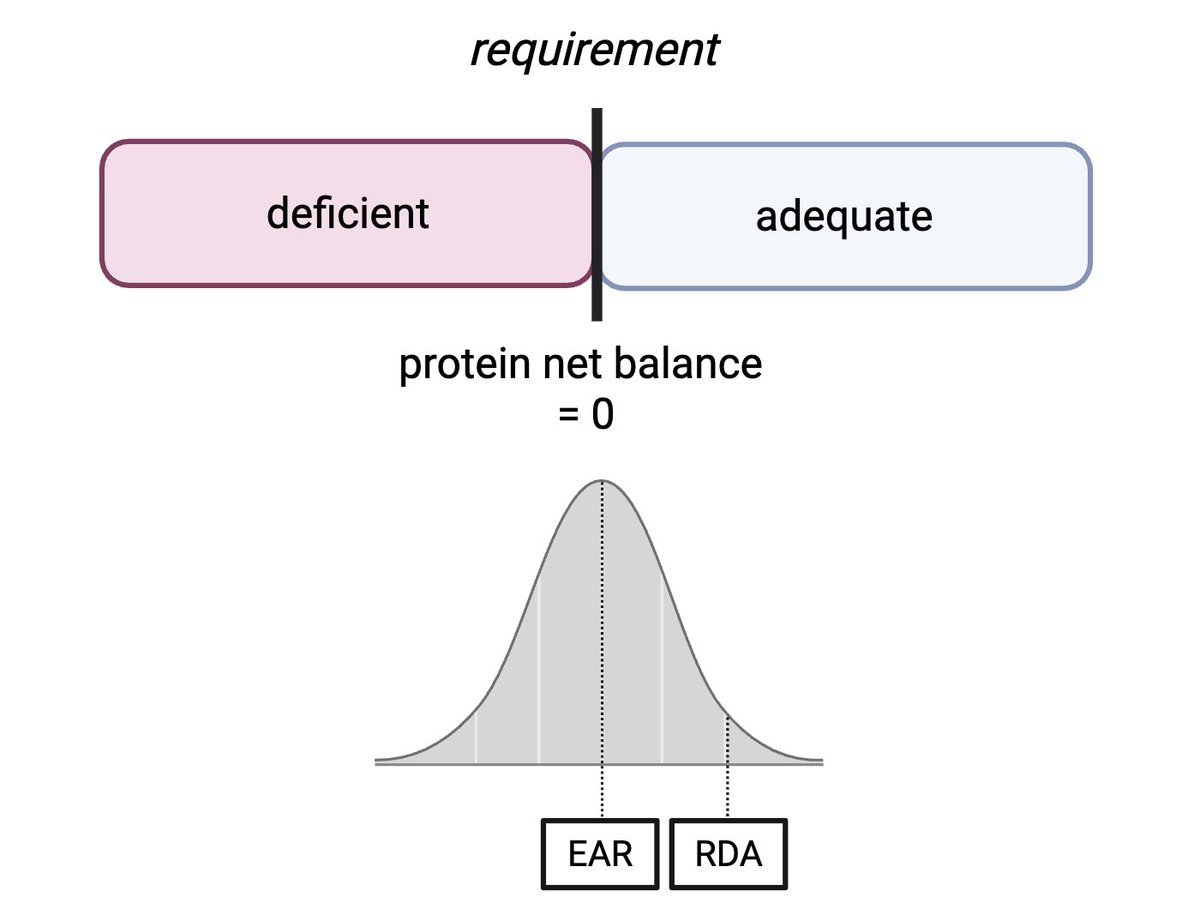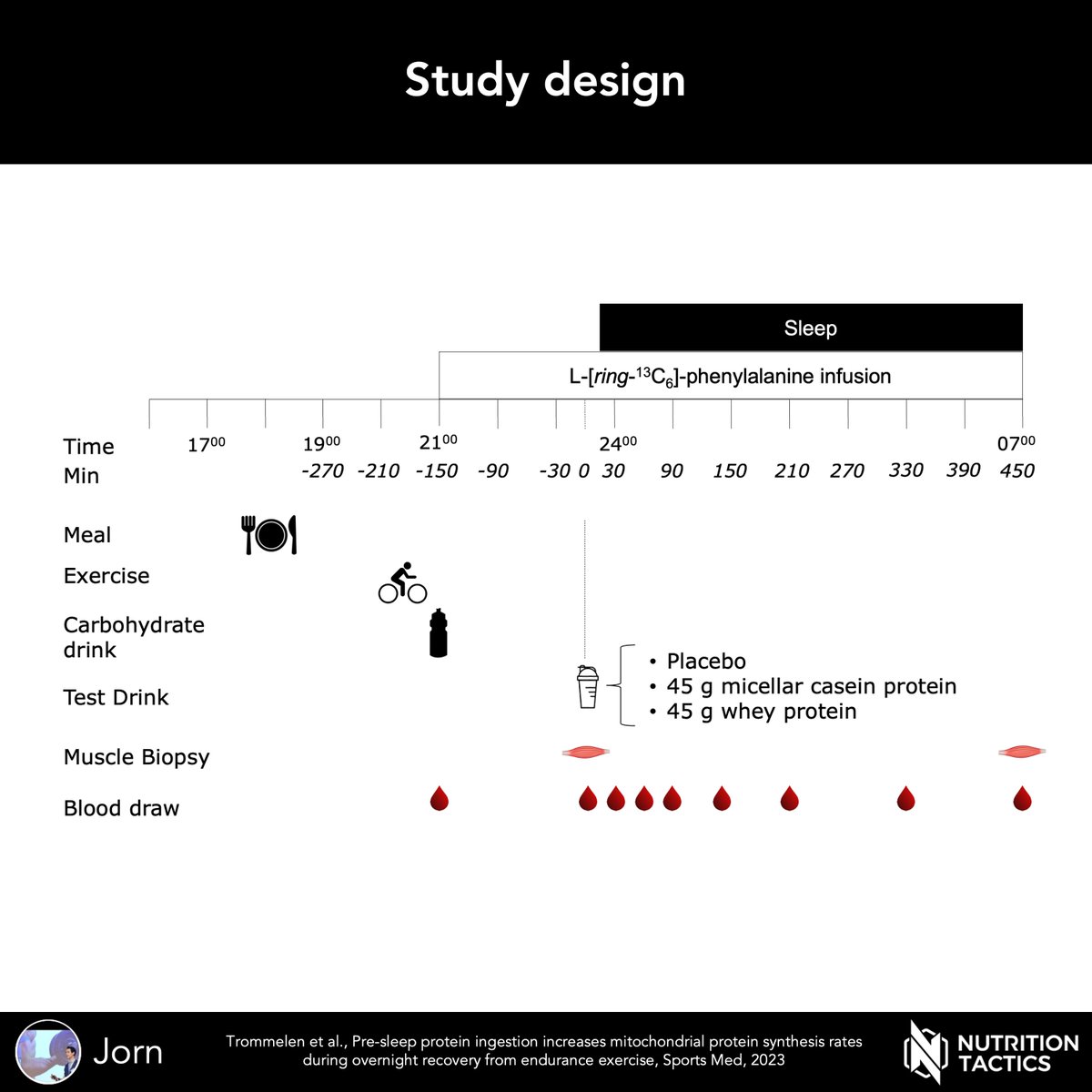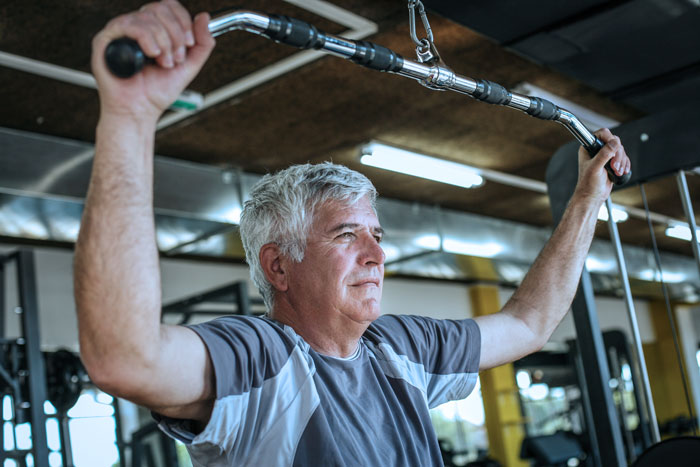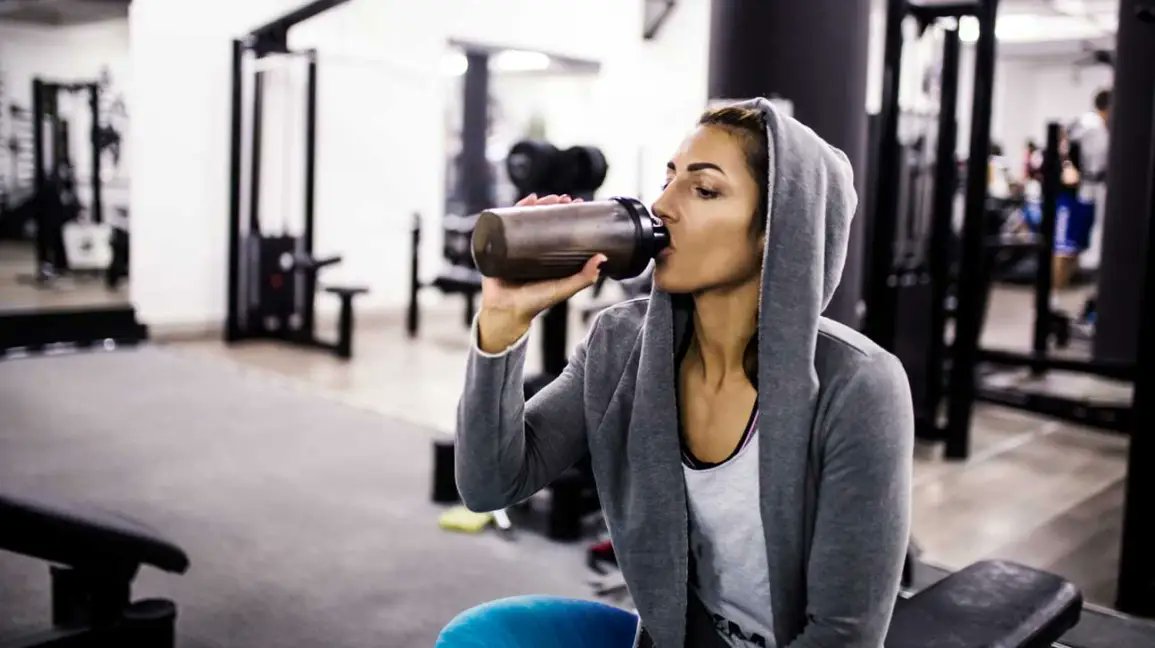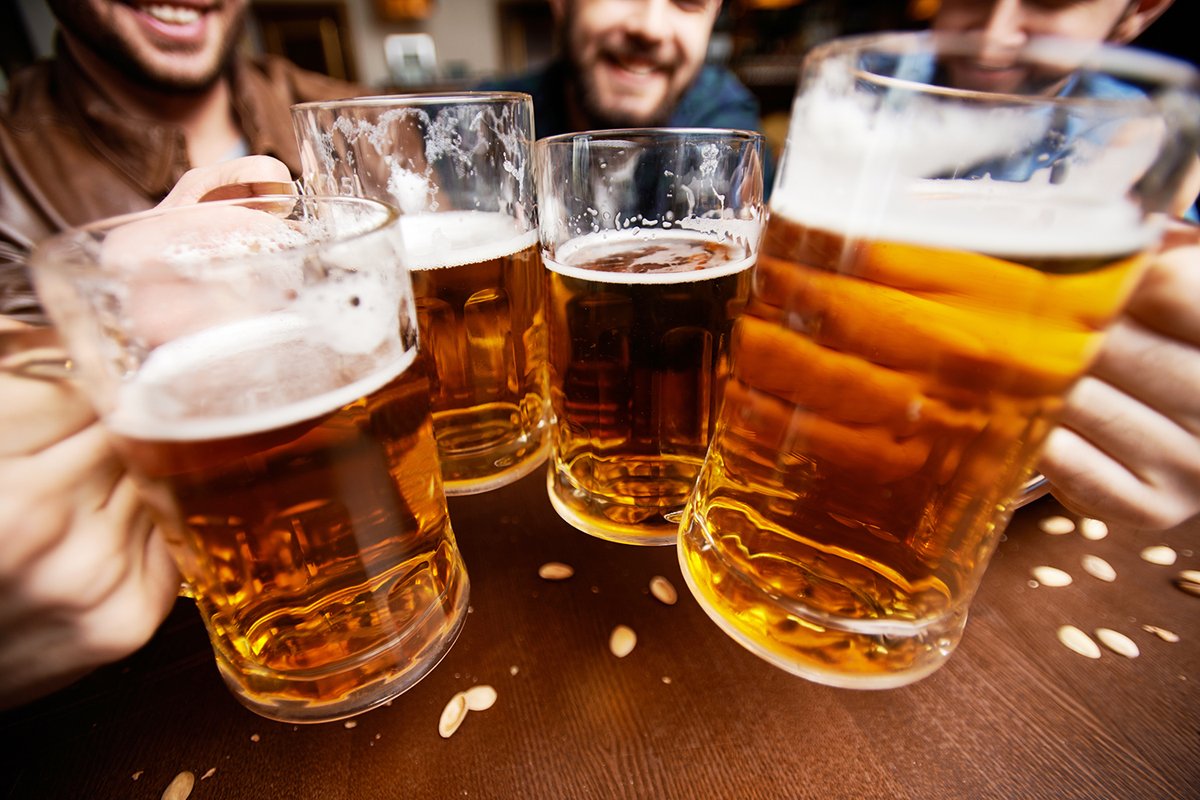Protein distribution: beneficial, detrimental, or inconsequential?
Our response to commentary.
❌Not eating =/= fasted state
🥩Protein amount vs protein distribution
✅Practical recommendations
A 9-part thread. 🧵👇
Our response to commentary.
❌Not eating =/= fasted state
🥩Protein amount vs protein distribution
✅Practical recommendations
A 9-part thread. 🧵👇

The concept of protein distribution suggests that how you distribute your meals throughout 24 hours strongly impacts your overall anabolism.
There are contrasting lines of thought of what meal frequency is preferred for various health or athletic outcomes.
2/9
There are contrasting lines of thought of what meal frequency is preferred for various health or athletic outcomes.
2/9

In intermittent fasting or time-restricted feeding, food is consumed in a relatively short feeding window.
The goal is to be in a fasted/catabolic state, which is believed to be healthy. For example, it is thought to speed up the removal of damaged proteins (autophagy).
3/9
The goal is to be in a fasted/catabolic state, which is believed to be healthy. For example, it is thought to speed up the removal of damaged proteins (autophagy).
3/9

However, not eating does not equal being in a fasted state.
Protein will still be digesting, depending on the amount and type of protein in your last meal (> 12 h).
In other words, not eating for 12 hours does not necessarily mean you have spent any time in a fasted state.
4/9
Protein will still be digesting, depending on the amount and type of protein in your last meal (> 12 h).
In other words, not eating for 12 hours does not necessarily mean you have spent any time in a fasted state.
4/9
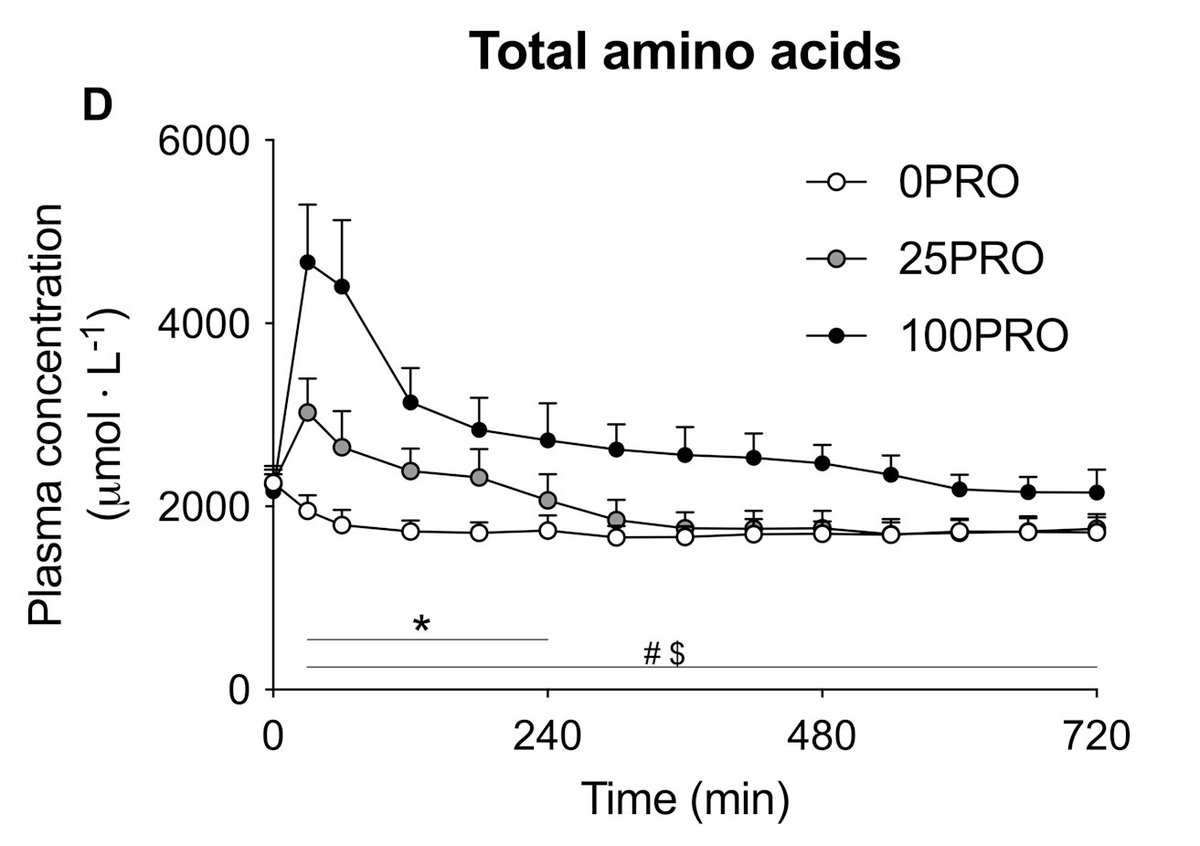
In sports nutrition, the opposite strategy is applied:
eat multiple meals out over the day to optimize anabolism. The main thought here is that the anabolic response to a meal is only short-lived
(although our recent work STRONGLY challenges this).
5/9
eat multiple meals out over the day to optimize anabolism. The main thought here is that the anabolic response to a meal is only short-lived
(although our recent work STRONGLY challenges this).
5/9
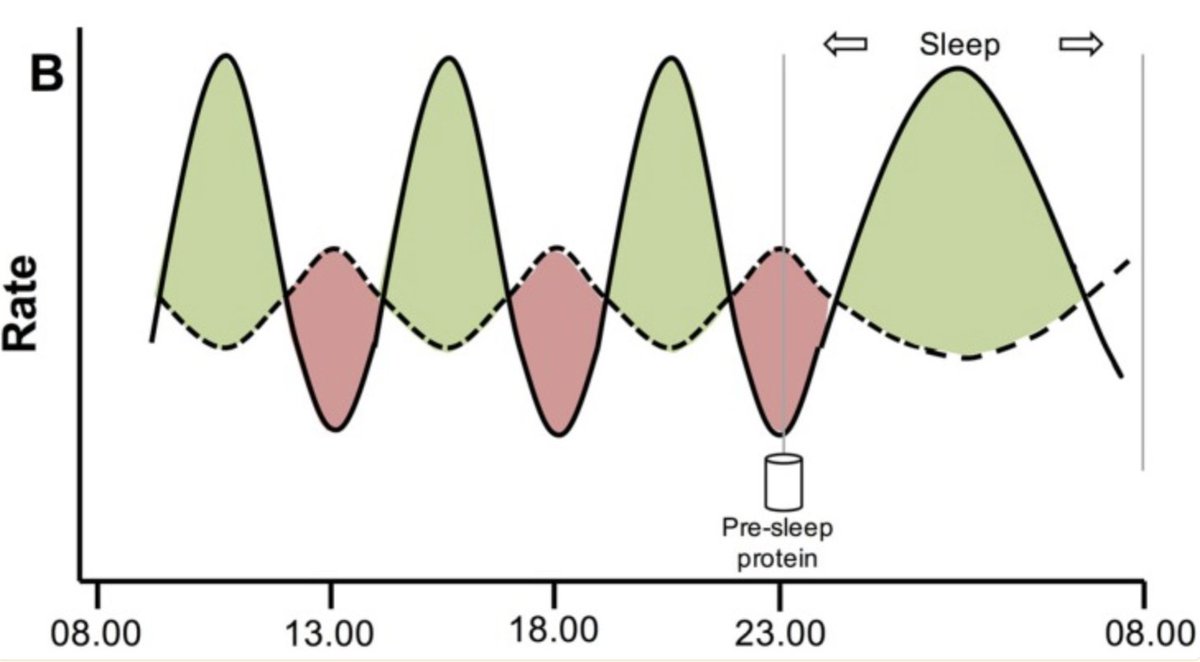
In practice, most protein is consumed as whole-food mixed meals that are slowly digested and will sustain high levels of plasma amino acids and anabolism throughout the day...
...regardless of meal frequency.
6/9
...regardless of meal frequency.
6/9
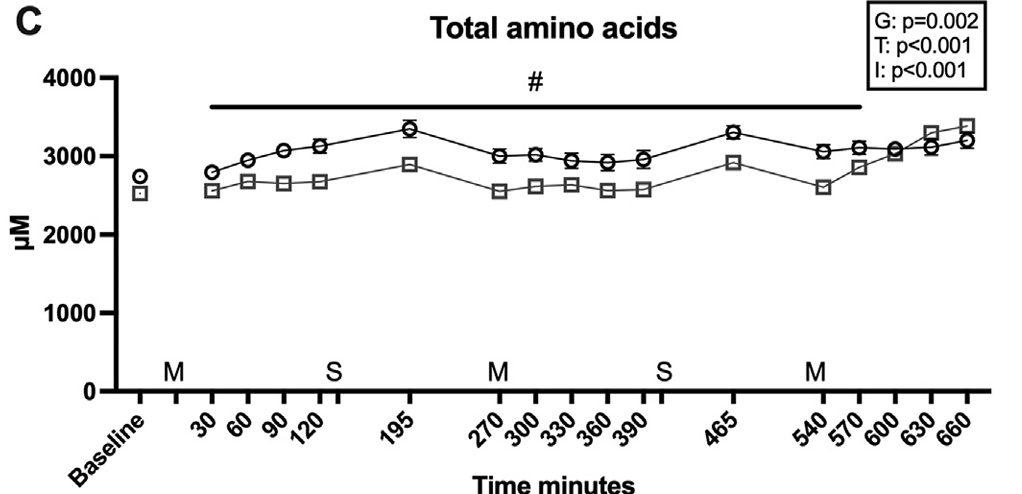
While there is some evidence that protein distribution may impact anabolism, the majority does not support it.
In fact, even intermittent fasting (supposedly an extreme model of poor distribution) has no clear detrimental impact on muscle loss.
7/9
In fact, even intermittent fasting (supposedly an extreme model of poor distribution) has no clear detrimental impact on muscle loss.
7/9

Thus, in practice, athletes can be flexible with their protein intake distribution.
Our recommendations for athletes who still want to adhere to the distribution concept “just in case”:
- adding a pre-sleep protein meal
- see below for per-meal dosing recommendations:
8/9
Our recommendations for athletes who still want to adhere to the distribution concept “just in case”:
- adding a pre-sleep protein meal
- see below for per-meal dosing recommendations:
8/9
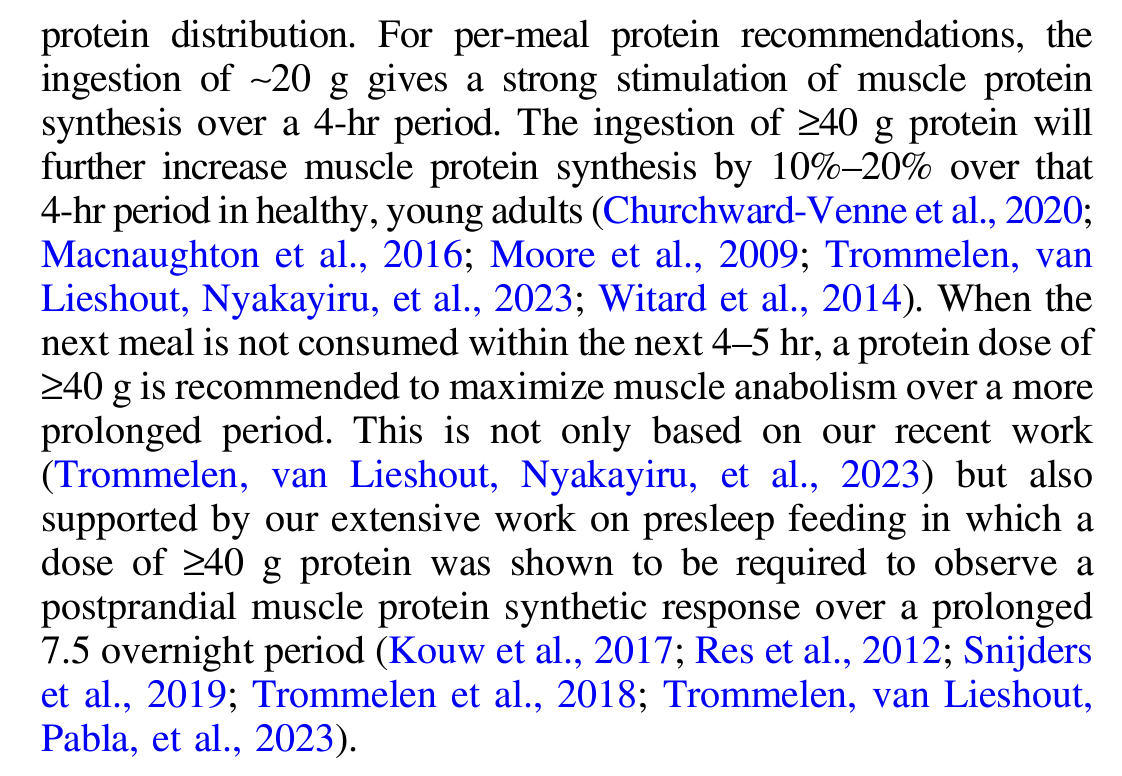
In conclusion:
The total amount spent in an anabolic-fed state is likely more dependent on total protein intake than meal distribution.
Our commentary:
If you found this helpful, please help share the first post in the thread:
pubmed.ncbi.nlm.nih.gov/38986499/
The total amount spent in an anabolic-fed state is likely more dependent on total protein intake than meal distribution.
Our commentary:
If you found this helpful, please help share the first post in the thread:
pubmed.ncbi.nlm.nih.gov/38986499/
https://x.com/JornTrommelen/status/1811797617900245055
• • •
Missing some Tweet in this thread? You can try to
force a refresh



